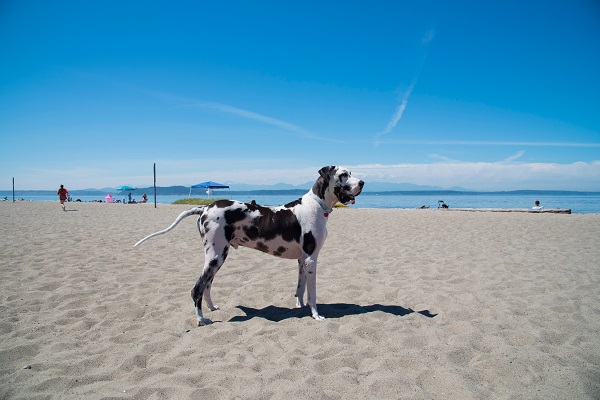Cute puppies, jumping around with their little paws and attracting your attention with their puppy eyes – So adorable!
Doesn’t it make you desire to be a pet parent?
To be a pet parent, you must remember, raising a dog is an enormous responsibility, like raising a kid. Additionally, when it comes to raising a puppy, they can be hand-full. The care, attention, and affection they require can at times be more than a toddler.
Don’t be scared!
Through this blog, we help you prepare for being a responsible pet parent. It has all the information you need to know about the art of raising a puppy.
Here Are Some Useful Tips on Raising a Puppy
Food and Nutrition
For proper growth and nourishment of your puppy, you need to focus on three things – feeding schedule, meal plan, and quantity of feed.
Tentative feeding timeline
- 6-12 weeks – feed four times a day
- 3-6 months – feed three times a day
- 6-12 months – feed twice a day
Meal plan
Always consult a vet before starting a meal plan for your puppies. The dietary needs of a dog vary from its breed, age, allergies, etc. You can feed your puppies in various combinations of canned food, semi-solid, or even dry food. You can also prepare some home-cooked dog food for them if you have spare time.
Read More: 10 Best Dog Food For Dogs With No Teeth
Quantity of feed
The quantity of feed depends on the dog breed, activeness level, and weight. Check out the label for food guidelines and nutritional value. Always consult your vet for the right proportion of the meals. Generally, 2-cups means 1-cup/meal (if you are feeding it two times a day).
Vet and Grooming
Dogs are prone to ticks and fleas. Therefore, check your puppy regularly for them. Additionally, properly groom your pet buddy on an average of every 8-10 weeks. It can vary from dog breed to breed. The grooming needs mostly include stuff like haircuts, brushing, bathing, shedding, getting nails done, blow-drying, etc.,
Hygiene
Follow four essential hygiene routines for your pet baby.
- Clean teeth regularly and visit a dog dentist at least once a year
- Rinse their toys and bedding routinely with non-toxic dog-friendly cleaning products.
- Use medicated shampoo for bathing your dog (at least once in 3 months). Wash and dry out the inside of their ears, paw-pads, and in-between the toes to avoid infections.
- Wash and change their dirty collars, harness, and leash using pet-safe detergent or dog shampoo to avoid skin sores and infections.
Training
Training given to a puppy in the initial few months makes all the difference in your dog’s demeanor, attitude, and behavior.
- The best age to begin potty training for a puppy – about 12-16 weeks old. It’s a long and tiring process, so have patience and avoid punishing your dog for accidental elimination.
- The right age to start leash training for a puppy – at 8-weeks old
Exercising
Puppies are more energetic than adult dogs, but over-exercising them can cause exhaustion and joint damage. The exercise needs of your puppy depend upon dog breed and size.
- All dogs need at least one to two walks per day.
- For puppies, raise their exercise time by 5 minutes per month of age up to twice a day – e.g., 3-month-old puppies – 15 minutes of exercise each day.
Conclusion
It takes a lot of patience and care in raising a puppy, and if you educate yourself before you get one home, it makes the process a lot easier. If you want more tips on raising a puppy, post your questions in the comment section below.

 DogExpress
DogExpress


















 in Chandigarh, India.
in Chandigarh, India. 
